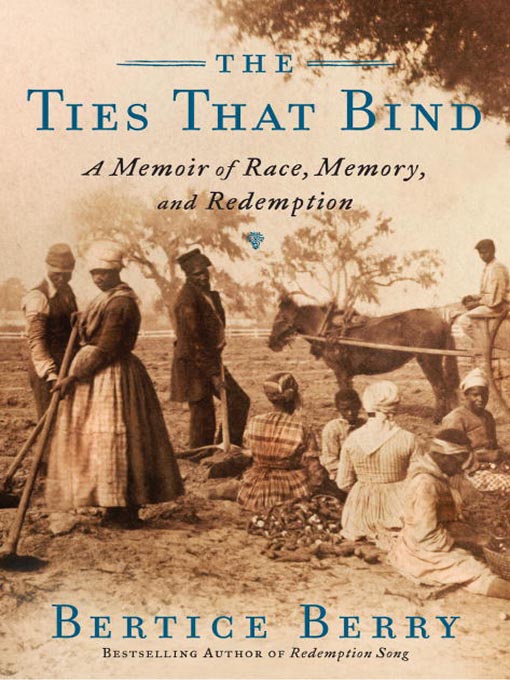- Available now
- New eBook Additions
- New kids additions
- New teen additions
- Most popular
- Try something different
- See all ebooks collections
- Available now
- New audiobook additions
- New kids additions
- New teen additions
- Most popular
- Try something different
- See all audiobooks collections
- New Magazines
- News & Politics
- Lifestyle
- Business & Economics
- Fashion
- Food and Wine
- Health & Fitness
- Hobbies & Crafts
- Home & Garden
- Celebrity
- Automotive
- Science
- Photo & Art
- See all magazines collections



